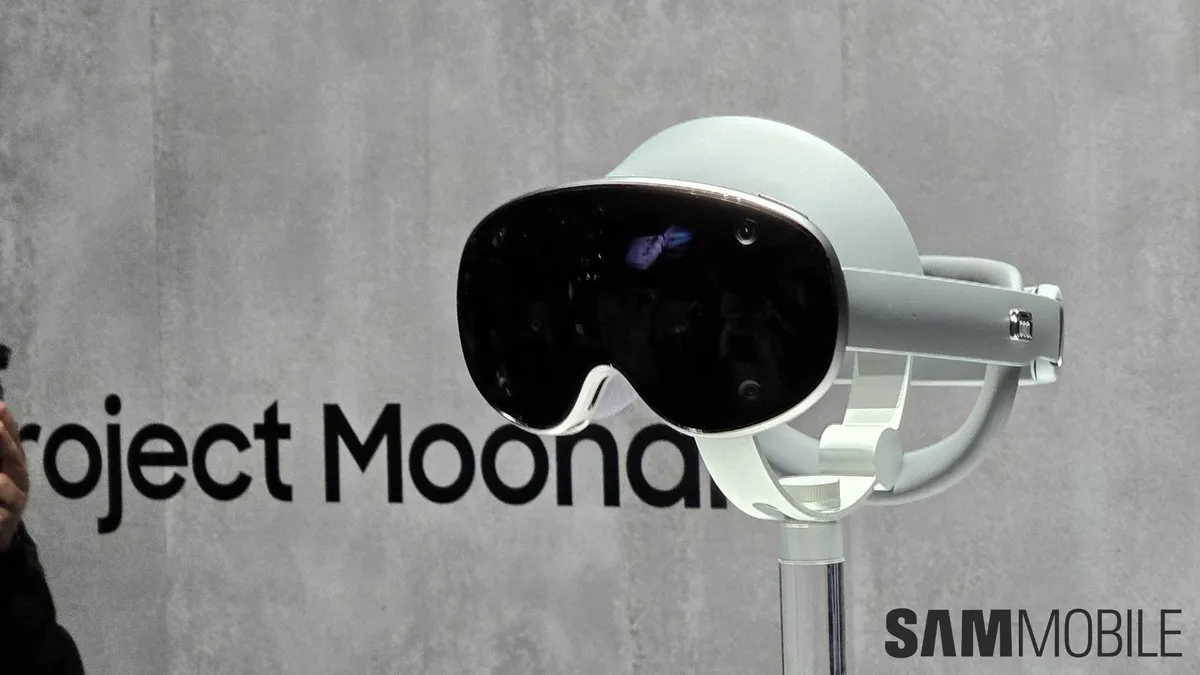
Two months ago, Samsung officially confirmed that its highly anticipated XR headset will be launched later this year. Despite being unveiled a year ago, the company has yet to disclose the exact launch date. Recent reports, however, have shed light on the timeline for the full announcement and sale of the headset.
According to a report from NewsPim, Samsung's first XR headset is set to launch in October 2025. The launch event is scheduled to take place in South Korea on September 29, 2025. Following the event, the headset will be available for purchase in Korea on October 13, 2025. Subsequently, Samsung plans to expand the availability of the headset to various global markets, likely including the USA.
To gauge market reaction, Samsung intends to showcase a prototype of the headset, internally referred to as Project Moohan, during its upcoming Galaxy Unpacked event in July 2025. This will include teaser videos designed to generate excitement and anticipation leading up to the headset’s release. Currently, Samsung is in the final stages of preparations for the headset, which is internally dubbed Project Infinite.
With the launch of this new headset, Samsung aims to compete directly with industry giants like Apple and Meta in the spatial computing segment. Apple’s Vision Pro has not met the company's expectations, primarily due to its hefty price tag of $3,500 and insufficient tailored content. In contrast, Meta's market share soared to 77% last year, peaking at 84% in the fourth quarter following the release of its affordable Quest 3S model.
Samsung is strategizing to differentiate its XR headset from competitors by incorporating smartphone app compatibility. The headset will run on an Android XR platform, allowing all Android smartphone and tablet apps to seamlessly function on the device. Additionally, select first-party apps from Google and Samsung will feature an immersive user interface designed specifically for the XR experience.
The headset will be powered by the Qualcomm Snapdragon XR2+ Gen 2 processor, coupled with 16GB of RAM and two Micro OLED screens boasting a high refresh rate. This combination is expected to deliver an exceptional user experience, catering to both gaming and productivity needs.
In December 2024, Google and Samsung announced their collaboration to integrate AI features at the operating system level with Android XR. A standout feature will be the inclusion of the Gemini AI assistant, which will enhance the user interface by providing assistance based on what users are viewing or doing on the screen. This capability is likely to become a significant advantage for Samsung’s XR headset.
The success of Samsung's XR headset will heavily depend on its pricing strategy and the availability of apps and content. By offering competitive pricing and a robust ecosystem of applications, Samsung hopes to carve out a significant share of the rapidly evolving spatial computing market.